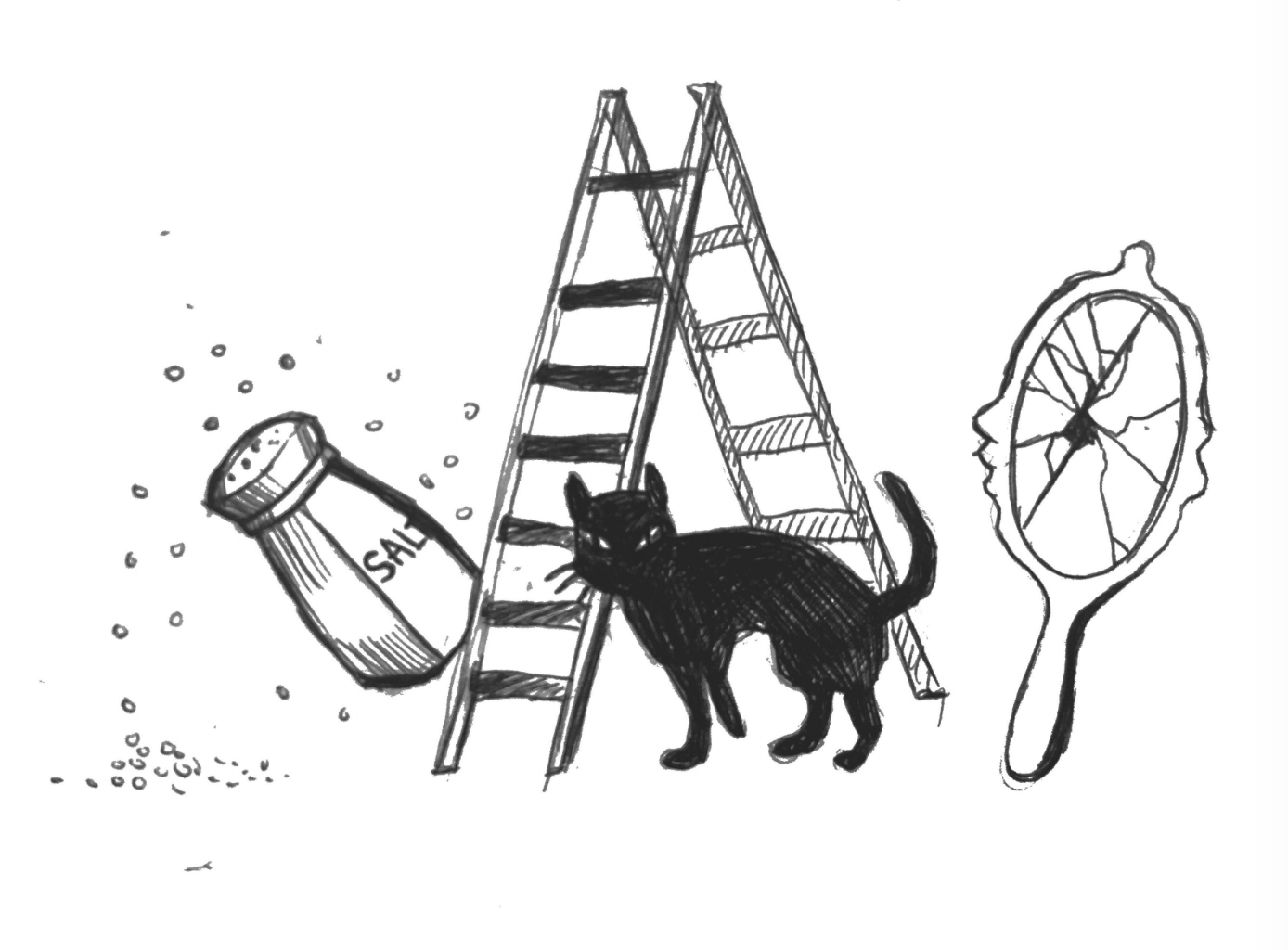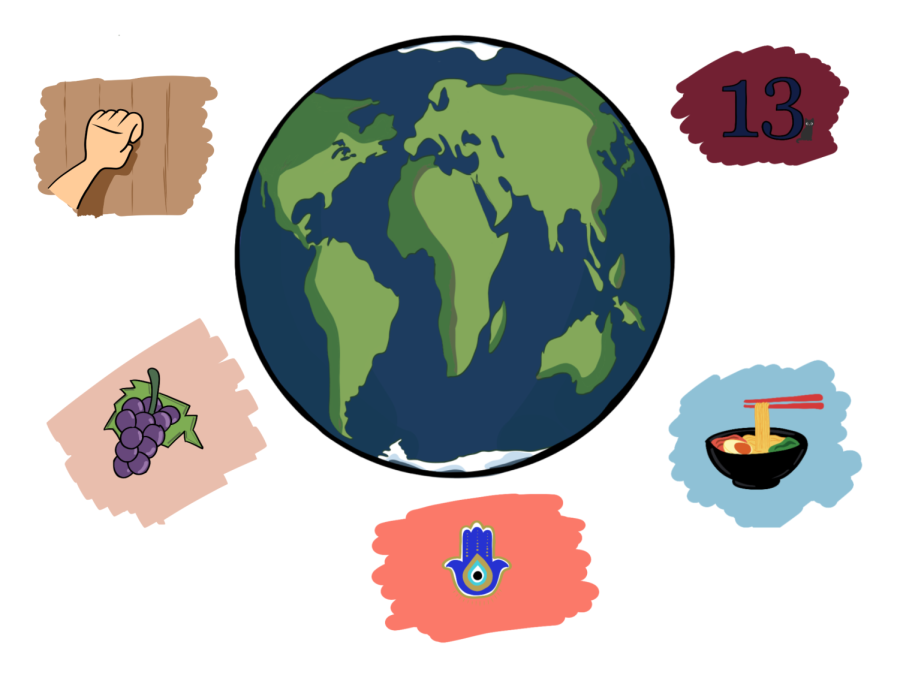The Psychology of Superstition: Understanding Why Superstitions Persist

Superstitions are more than just rituals; they serve as valuable coping mechanisms. While superstitions may be dismissed as irrational, they offer deep psychological benefits. According to Psychology Today, there are three primary reasons people engage in superstitions.
1. The Illusion of Control
Life’s unpredictability often leaves us feeling powerless. Superstitions provide comforting rituals, creating an illusion of control over uncertain situations. Actions like knocking on wood or crossing fingers offer symbolic protection against bad luck. Research published in *Psychological Science* shows that activating good-luck superstitions improves performance in tasks such as golfing and memory games. This link between superstition and performance is attributed to increased confidence, which enhances task completion.

2. Cultural and Social Influence
Superstitions are not isolated quirks; they reflect collective human experiences and cultural heritage, offering a sense of belonging and security. For example, avoiding black cats is a superstition shared across many cultures. These beliefs foster shared meaning and tradition. Studies highlight that superstitious behavior can be transmitted socially, linking a sense of divine involvement to an increased sense of life’s meaning.
3. Personalized Coping Mechanisms
Superstitions serve as personalized stress-relief tactics for people in high-pressure situations—a concept supported by research. Athletes, for instance, frequently adopt superstitious rituals to enhance performance and manage anxiety. A study in *Basic and Applied Social Psychology* noted that U.S. baseball players felt superstitions positively impacted individual performance, while Japanese players believed their rituals benefited team efforts. Such behaviors provide comfort, grounding individuals in stressful environments, and leveraging the placebo effect to reduce anxiety.

Superstitions function as psychological tools, temporarily granting control in uncertain times. They help mitigate anxiety and stress, acting as emotional life preservers. In a world dominated by scientific rationality, superstitions offer valuable utility, consistent with personality traits seeking control over life’s uncertainties. Understanding their psychological and social impacts underscores their continued relevance.
Read also:



















